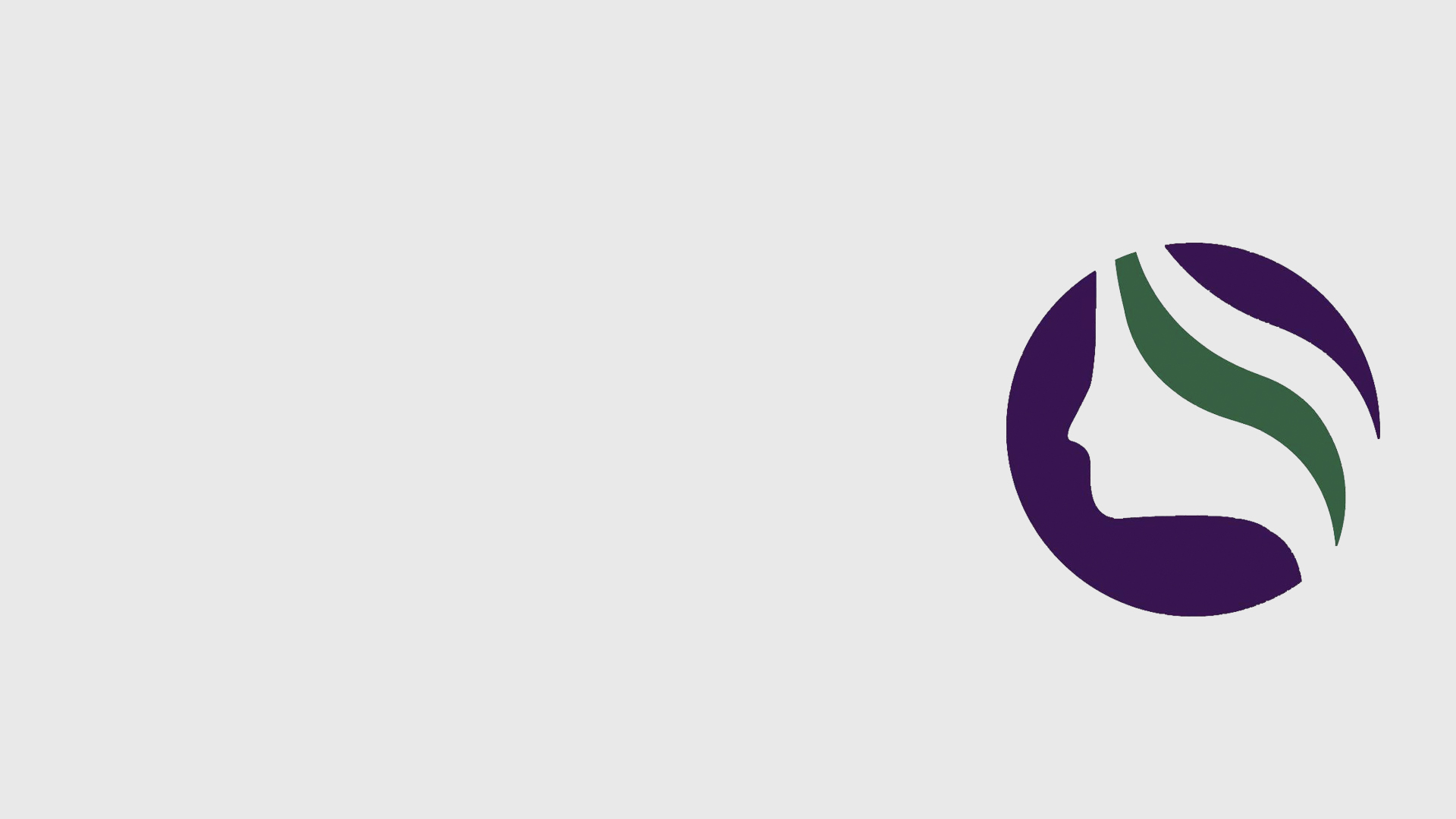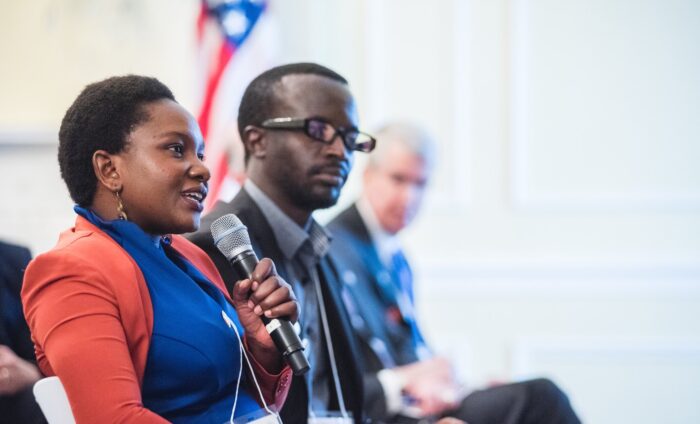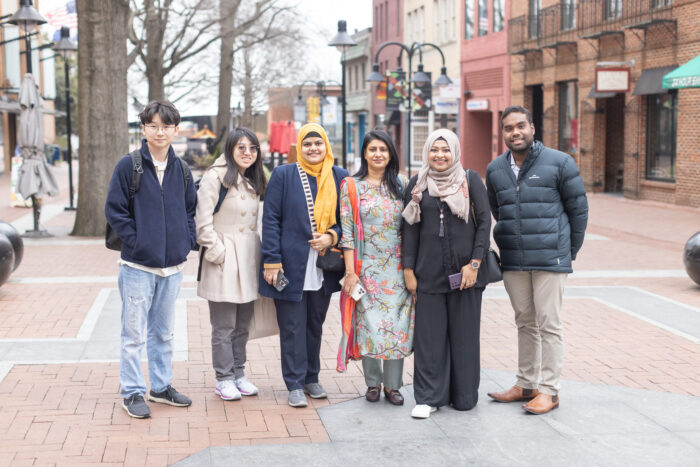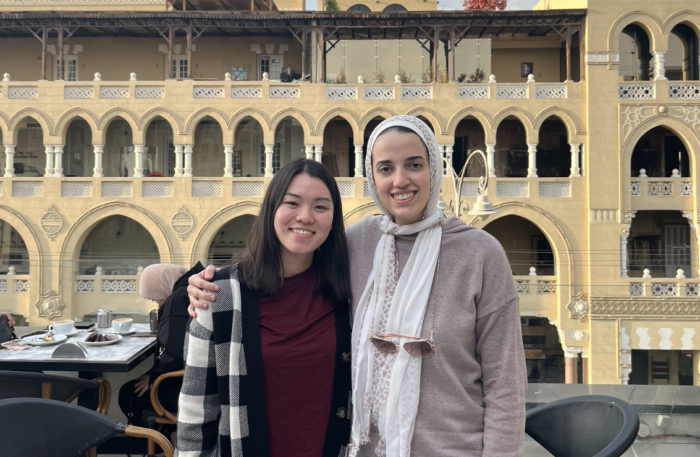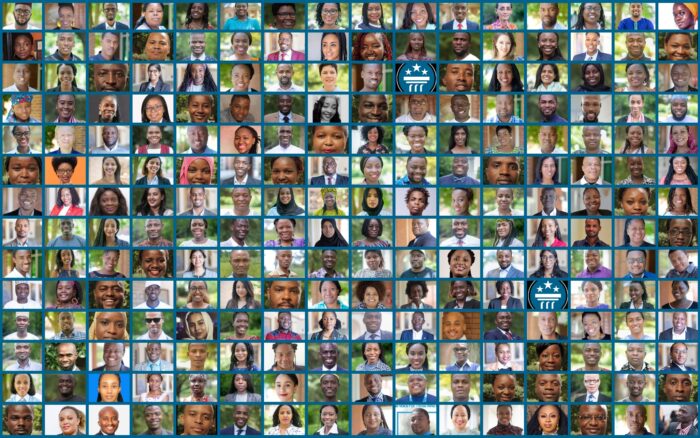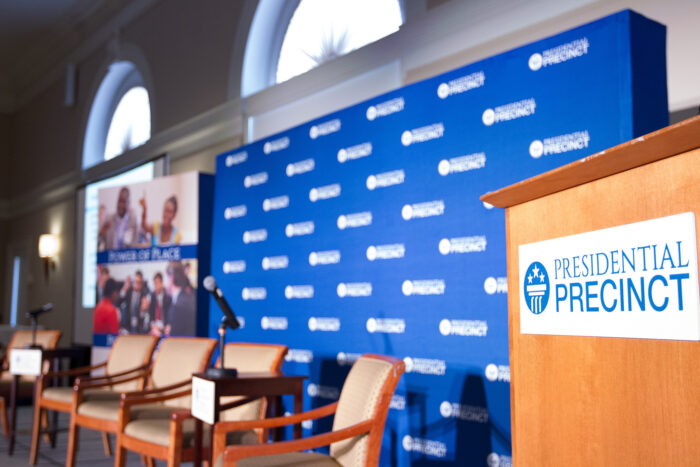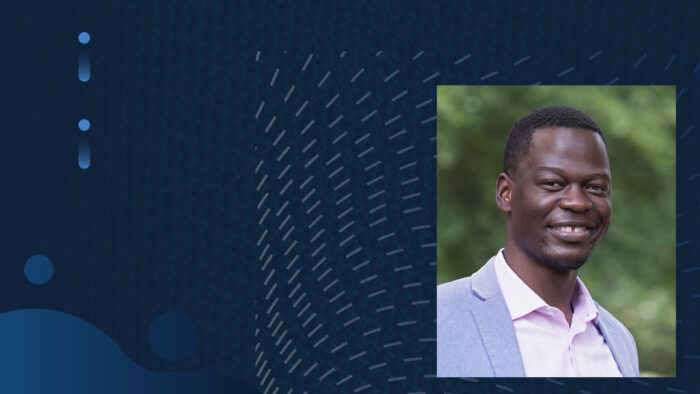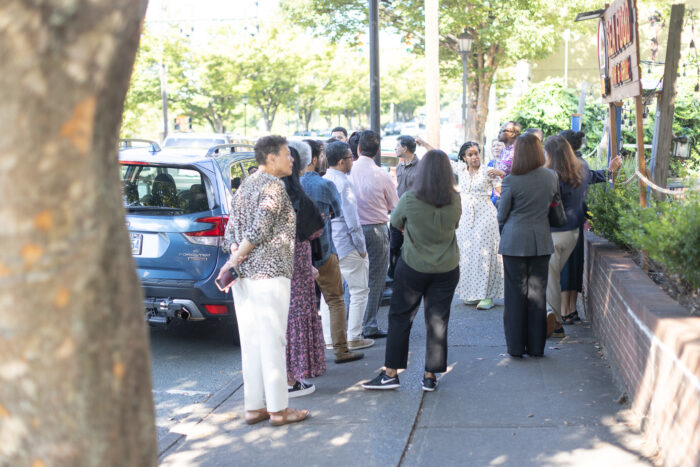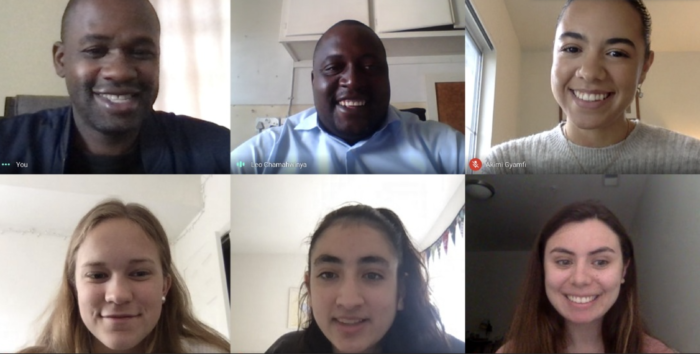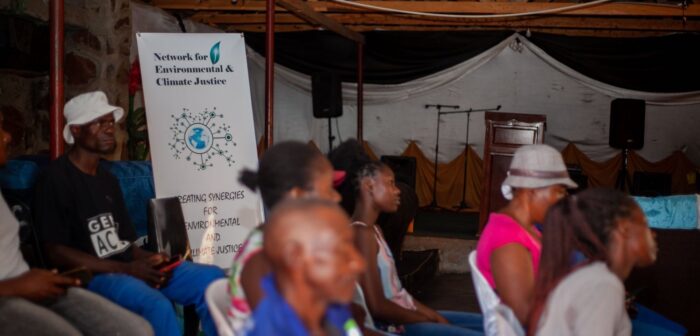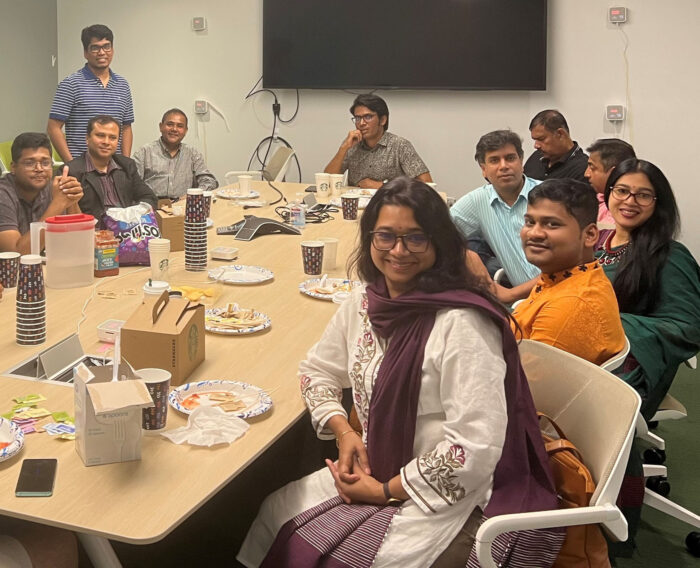The Women Lead Movement: Building Bridges for Gender Equality Across Africa
Melene Rossouw and Onja Rabemanana are 2019 Alumnae of the Mandela Washington Fellowship Leadership in Civic Engagement Institute at the Presidential Precinct. Melene founded Women Lead Movement (WLM) in 2017 and has since grown the organization significantly. Onja joined WLM in 2020 as the organization’s first Country Director for Madagascar.
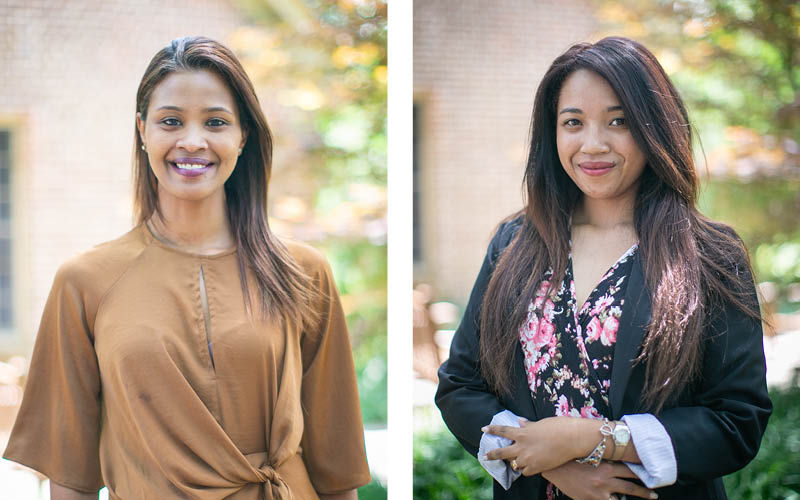
Hanna Strauss, Alumni Engagement Officer at the Presidential Precinct, recently followed up with Melene and Onja to learn more about WLM and gather some words of wisdom from these two inspiring changemakers.
HS: Why and how did you start the Women Lead Movement?
Melene: Women Lead Movement (WLM) was established in 2017 as a Non-Profit Organization in South Africa. The two main issues we wanted to address were i) gender inequality and discrimination against girls and women in the social, health, political and economic sectors. According to the World Economic Forum Gender Gap Report 2020, at the current rate of progress it will take the world 100 years to achieve gender equality and we are saying that this is unacceptable. Women and girls have been systemically oppressed and suppressed in the social, political, and economic sectors of society for eons and we want to see an increase in gender parity and ii) Citizen apathy and lack of involvement in government decision-making processes and public life in general. Our mission is therefore twofold: To promote a gender equal society and secondly, to promote an active and participatory citizenry for good democratic governance. At the beginning of the organization we only had the vision, plan and commitment but no external finance. I invested all my savings into the organization and this went into setting up the entire business including the development of content for our training and education programmes.
HS: What do you consider to be WLM’s greatest impact so far?
Melene: WLM as a young organization has grown in leaps and bounds. Through our programmes such as the Rural Female Youth Mentoring Programme; Rural Youth Intervention Programme; Human Rights and Democracy Education and Training; and Gender-Based Violence (“GBV”) and Gender Equality training we have reached more than 2,000 women and girls and young men. WLM have also been recognized by international and regional human rights organizations for our work and we have also participated in two global Gender Equality Campaigns with ONE. Furthermore, we have also been involved in numerous international and regional conferences both as expert panelists and moderators, made inputs on draft government policies, developed advocacy campaigns to educate and raise-awareness about principles of democracy and gender equality and still ensured that we foster closer relations with gender and human rights activists in different countries across the continent. The recent expansion of Women Lead Movement to Madagascar will provide us with a platform to reach and impact the lives of thousands of Malagasy girls and women through our programmes.
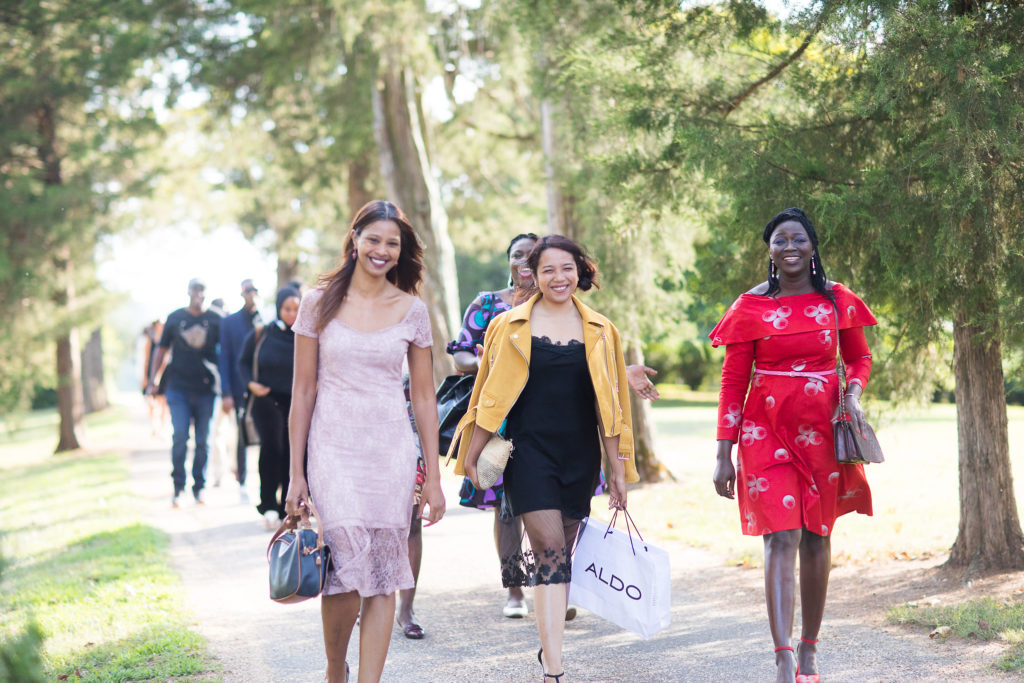
HS: Why did you decide to form a cross-country partnership and expand WLM to Madagascar? And what prompted you to work together?
Onja: Melene and I share the same vision and that is that Africa must be reunited again. We have spent several months talking about ways to reach this vision and expanding WLM into other countries was one of the ways we believe we can attain the vision. Melene is a friend, a mentor and I chose her to be my accountability partner at the Presidential Precinct because I believe in her vision for African women too. Implementing WLM in Madagascar was decided one year ago in Washington, DC and it took us 1 year to make it materialize it.
Melene: Indeed, the work of WLM touches on two critical challenges not only shared between countries but continents and that is gender inequality and lack of active citizens shaping democracy in their countries. Though there are many organizations doing this work most of them seem to be working in silos. I believe that the biggest threat of taking that position would be that African countries will not grow as a collective but we will see certain countries outperforming others in some respects and this we felt was not the right approach because matters involving the lives and livelihoods of millions of people can only effectively be addressed if there is a shared plan and vision for where we want to go. We also know that if we bring women from different parts of the continent together, rallied behind one common vision, that there would inevitably be more influence and the likelihood of change. That is what we are working towards and even if it takes us a lifetime to see this through we would know that we have laid the foundation for younger activists to build on and drive the vision of a gender equal society and active citizenry throughout Africa. Onja and I believe that by working together, pulling our resources, sharing best practices and ideas is one way we can achieve the ultimate vision of a united and stronger Africa.
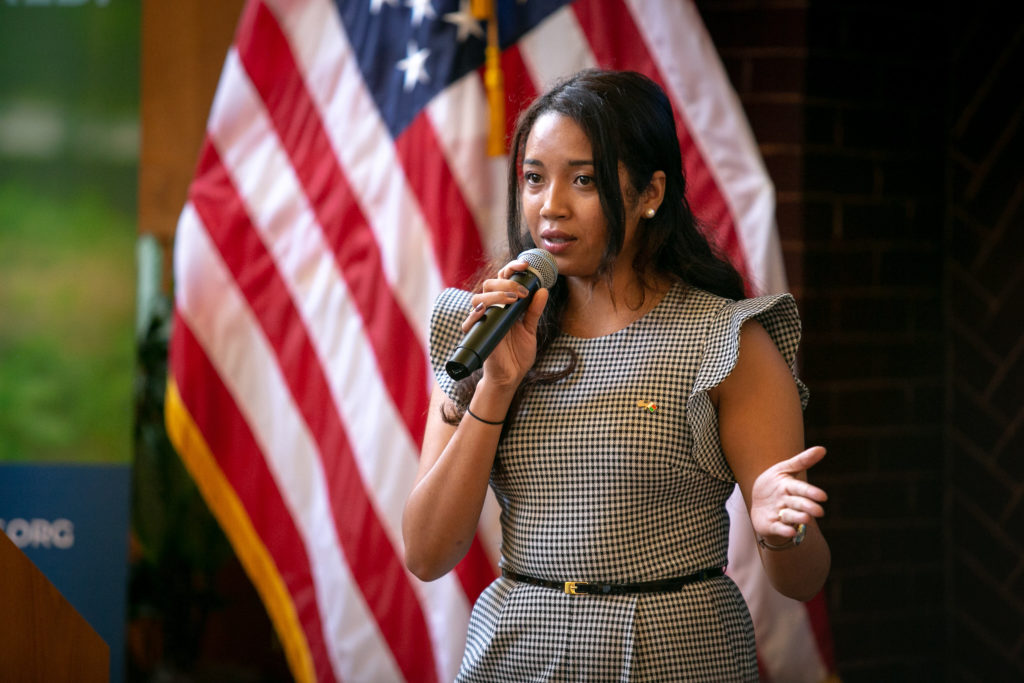
HS: The extension of the Women Lead Movement from South Africa to Madagascar is a huge change. For our alumni thinking about expanding their organizations, what are some of the challenges and best practices on working across country contexts?
Onja: Madagascar is a French speaking country and its administrative and political structures are very different from South Africa. It was quite a challenge to adapt the documents from the Head Office to match to Malagasy’s administration requests and we experienced it during the WLM registration. Sometimes the distance can be frustrating and we are heavily reliant on online virtual meetings and telecoms to discuss matters of the organization and though it has been working sometimes you really need to have the face-to-face engagements. Melene is the heart of WLM and her physical presence is very important to us but fortunately our communication strategy has brought us closer. We also built a link between MDG and SA Team members for them to collaborate easily.
Melene: We knew that the establishment of a South African organization in another country was never going to be an easy feat but we are not the type that easily gives up. What this entire process taught me was i) that if you have an equally committed team then anything is possible and ii) that if you are open to learn and make the sacrifices that the end result will always be in your favor. It was an eye-opening process because I am learning more about the people, culture and structures in Madagascar that further informs my world view. Certain programmes that worked in South Africa may not necessarily work in Madagascar so we will have to redesign some of our materials so suit the context of the Malagasy people. We remain resolute in attaining the vision though we know that we might not take the same path leading to it.
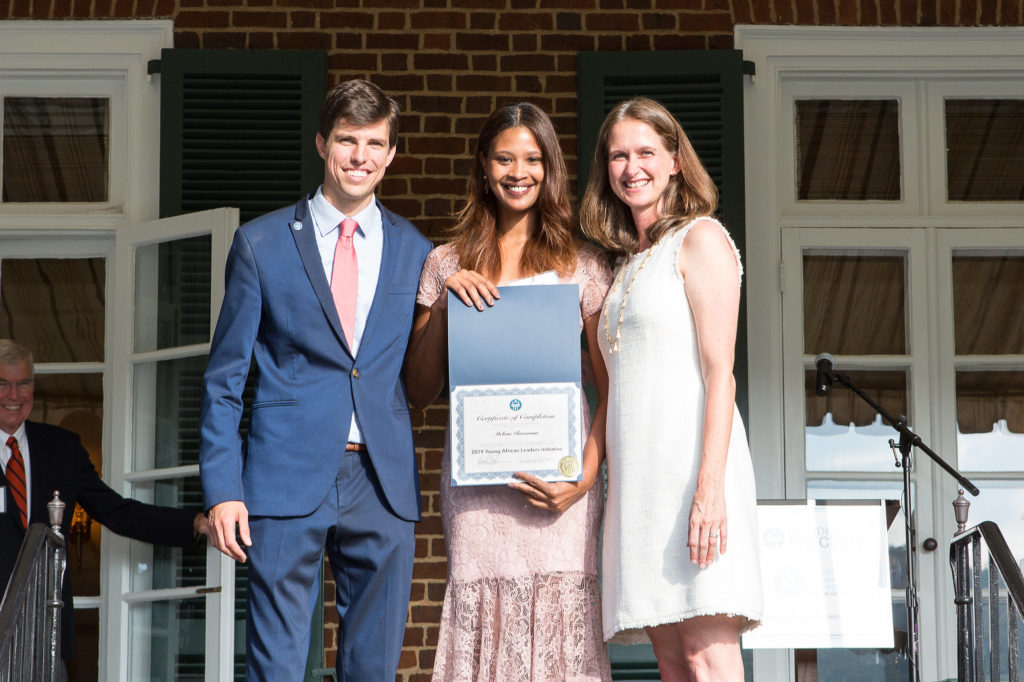
HS: Are the challenges and opportunities for women different in Madagascar and South Africa? Or are they more similar than different?
Onja: All women across Africa are facing the same issues on different levels: low representation in government leadership positions, GBV including, Femicide and Female Genital mutilation, low access to education, negative stereotypes, gender pay gaps to name a few. Coming out from our survey during the implementation of WLM Madagascar, the challenges faced by the Malagasy women and South African women are more similar than different. Indeed, the root of the problem is the cultural beliefs of a dominant construction of masculinity and subordinate and acquiescent constructions of femininity. This is almost the common root of gender issues in African countries, if not all countries across the world.
Melene: I could not agree more with Onja – The challenges of all women as it relates to discrimination and inequality are the same regardless of your race, culture, age, religion or nationality. Some women in poorer countries may experience it worse than women living in developed countries or countries with a more progressive democracy and leaders but the root cause remains the same. It goes back to what was a simple ideology that men and women are not equal and therefore they have different roles and responsibilities within society. This social construction of differences between men and women was also the basis on which laws, resources, responsibilities, power and rights were allocated between women and men in society resulting in eons of perpetual discrimination and injustice against them. This should give you an understanding that we are not only challenging a system, we are also challenging mind-sets, attitudes and behaviors of people that perpetuates gender discrimination that leads to inequality and injustice and this is a global problem.
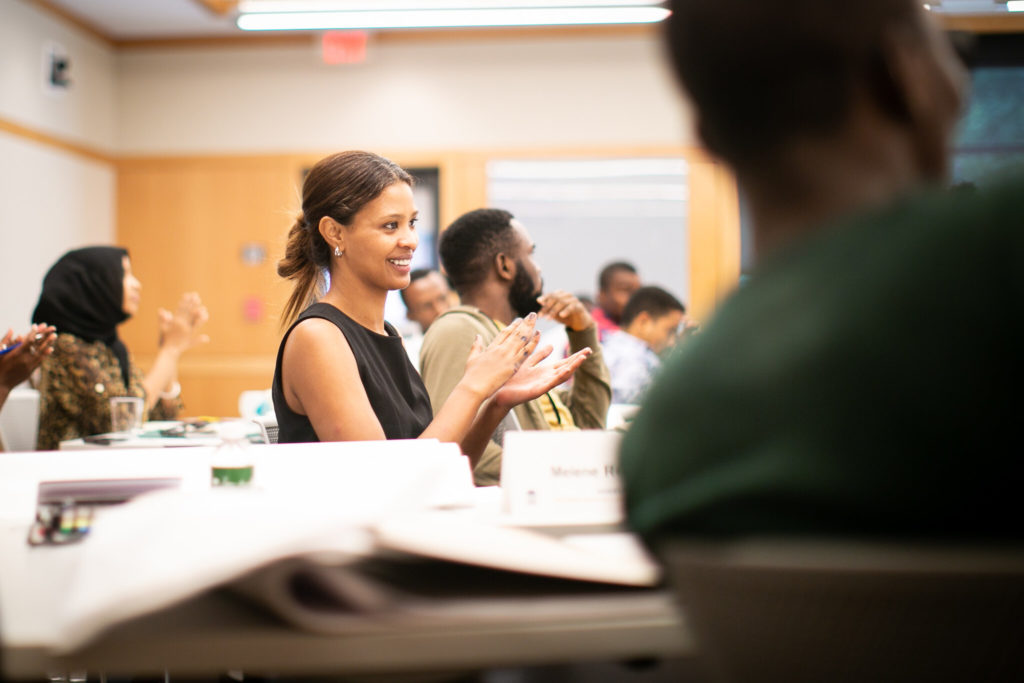
HS: What will the first projects of WLM Madagascar be?
Onja: Over the next 2-3 years, WLM MDG will execute 4 main projects-
- Women’s Participation in Politics and Democracy: Our aim is to increase women’s participation in decision making and in political parties. We will also reach out with education on democracy and human rights in communities and schools.
- Economic Empowerment and Entrepreneurship with a particular focus on women in rural areas where unemployment and poverty are the highest
- Gender-Based-Violence Prevention Campaign with a particular focus on young men and women within High-Schools and Universities
- Establishing a Gender Research/ Data Unit as there is a lack of accurate and up-to-date data and statistics around GBV and the impact of Gender Inequality in different sectors in Madagascar and addressing it will be one of our main targets.
HS: What is the best leadership advice you have received? And what advice do you have for other women leaders?
Onja: One important piece of advice my two accountability partners told me is: “learn to channel your energy and your temper” which was very helpful for me. Indeed, I used to be so passionate I could quickly lose my temper. Since then, I have learned to manage my emotions in order to be a better leader who takes reasoned decisions even through hard times.
Advice to women leaders: To all women leaders out there, I want to say: Be a go-getter and don’t be afraid or ashamed to take up spaces and to speak your mind. Being bold will not take away what makes you a woman.
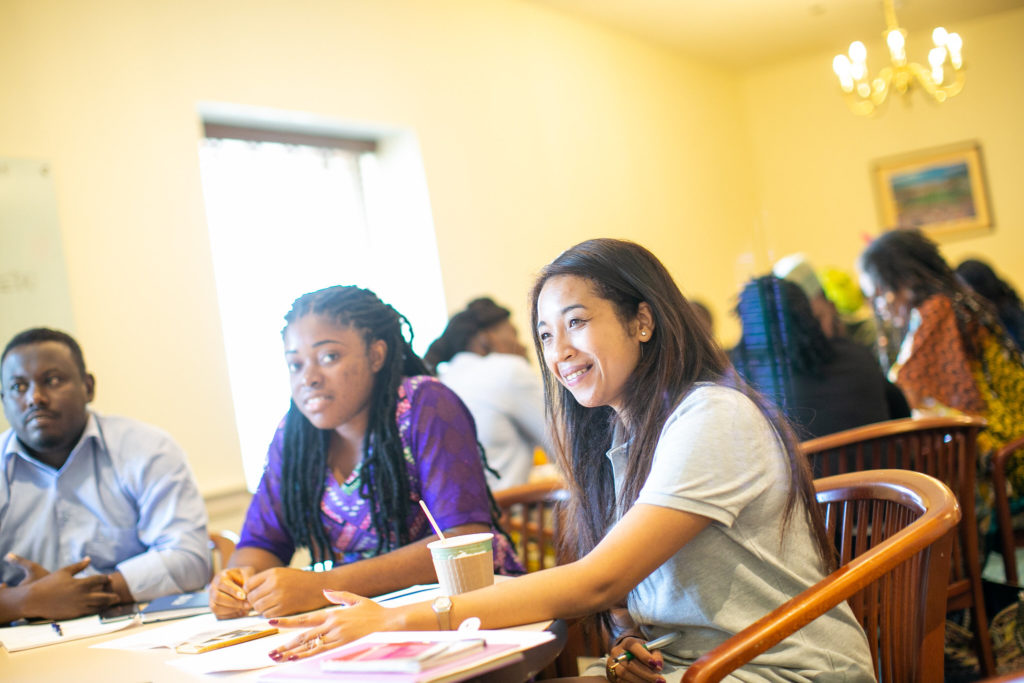
Melene: My teachings on leadership have come through years of observation of other leaders and there have been so many important lessons that I take as advice and I will share one of the most important ones: Leaders must have Integrity. Nelson Mandela valued honesty and integrity as the bedrock values for leaders/peacemakers. If people cannot trust you, they will not trust your vision and they will not support or follow you. A person with integrity acts with truth and fairness in each situation and doesn’t change their position depending on how the branch bends.
Advice to women leaders: The journey to high achievement will not be an easy feat. They will mock you, talk about, insult you, disappoint you and mistreat you but stay resolute in what you want to achieve. Remember, we are doing things that our ancestors never imagined that we would be allowed to so, so go BIG, build LEGACIES, be COURAGEOUS and remain AUTHENTIC.
—
For more information on Women lead Movement please visits our website www.womenleadmovement.org or Facebook @womenleadmovement.
The Mandela Washington Fellowship for Young African Leaders is a program of the U.S. Department of State with funding provided by the U.S. Government and administered by IREX. The Presidential Precinct is a sub-grantee of IREX and is implementing a U.S.-based Leadership Institute as a part of the Fellowship. For more information about the Mandela Washington Fellowship, please visit the Fellowship’s website at www.mandelawashingtonfellowship.org.

